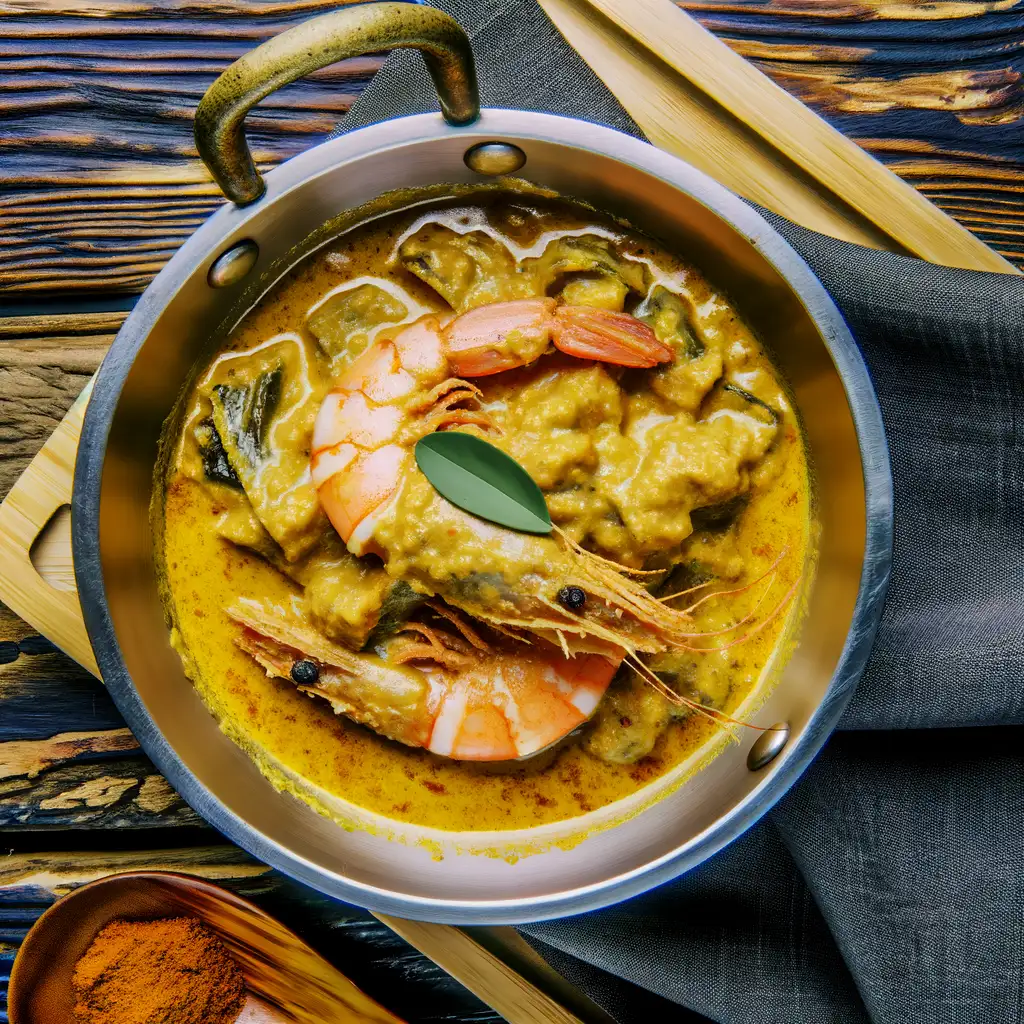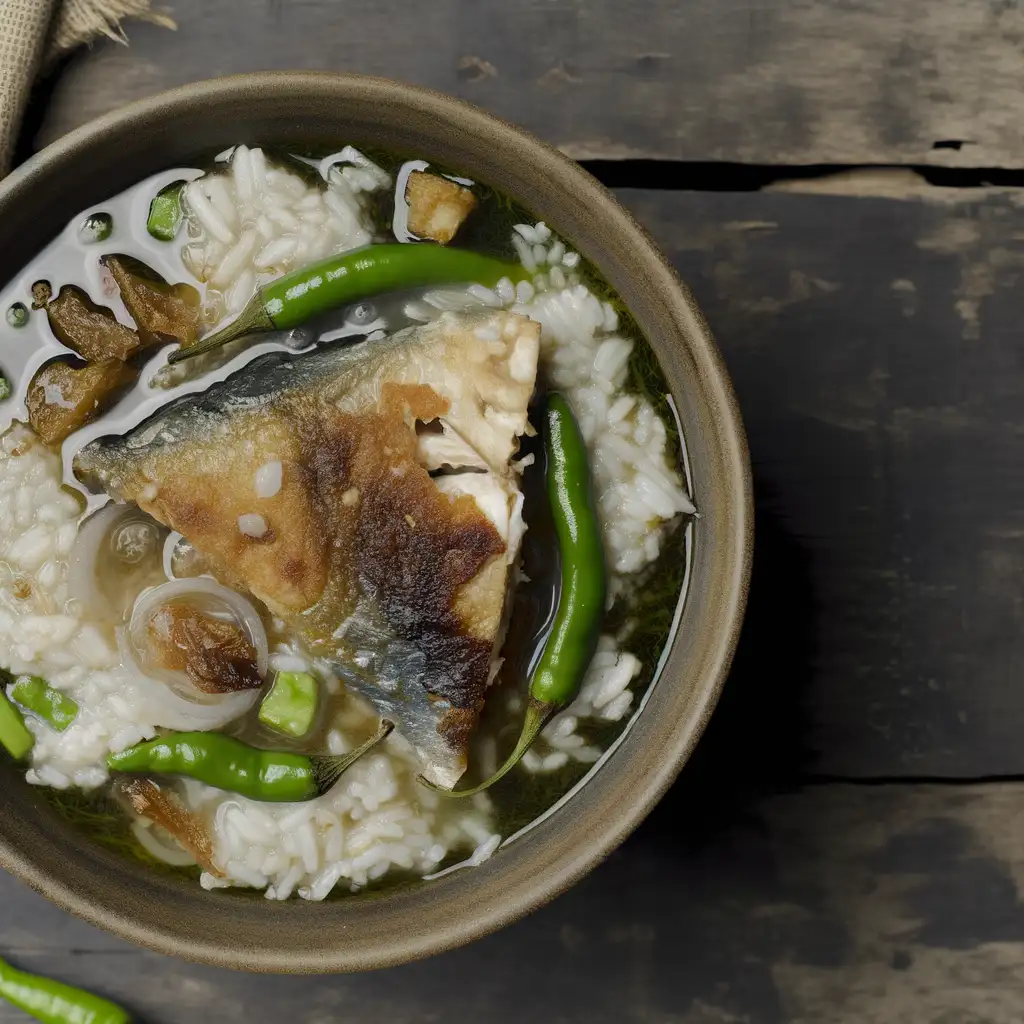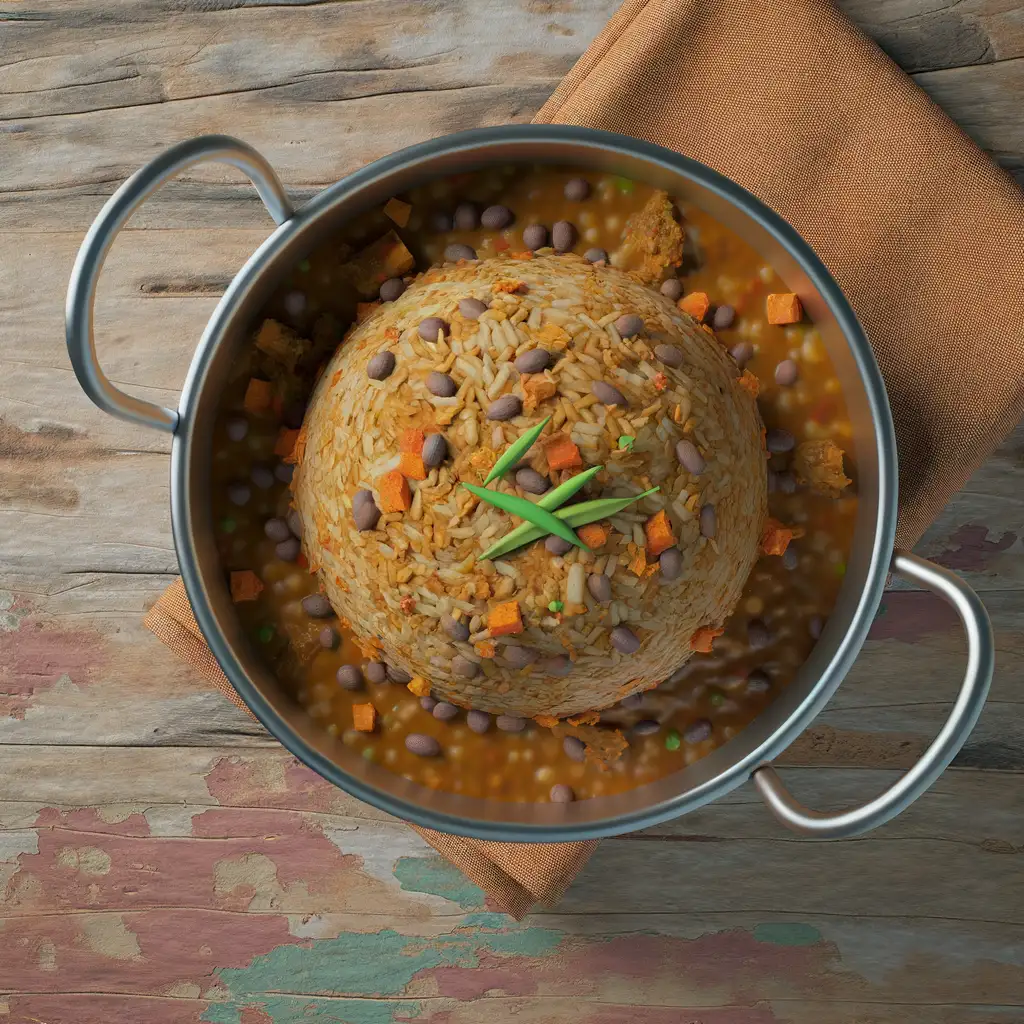



If you ever find yourself craving a place where the ocean stretches endlessly and the breeze carries a salty whisper,Cox’s Bazar in Bangladesh is where you should go. The moment you step onto its famously long sandy beach—the longest natural sea beach in the world—you’ll feel a kind of calm wash over you. The waves rhythmically lap against the shore,mingling with the distant chatter of fishermen and the calls of seabirds overhead. It’s a place where time slows down,inviting you to sink your toes into the warm sand and watch the sun paint the sky in shades of orange and pink. But Cox’s Bazar isn’t just about the beach. The town pulses with a vibrant,welcoming energy. Local markets buzz with life,filled with the scent of fresh spices and the sizzle of street food stalls offering everything from crispy fried hilsa fish to sweet,sticky pitha. The people here are incredibly warm,often eager to share stories about their culture or recommend the best spot for a cup of chai. You’ll notice the colorful fishing boats bobbing in the harbor,a testament to the town’s deep connection to the sea. What truly makes Cox’s Bazar special is its blend of natural beauty and genuine human warmth. Whether you’re wandering through the nearby hills,exploring Buddhist temples,or simply watching the sunset with a fresh coconut in hand,there’s a sense of peaceful adventure that stays with you long after you leave. It’s a place that invites you to slow down,breathe deeply,and soak in the simple joys of life by the sea.
The information on this page is currently being reviewed by Tripkliq and should be used as a guide only
Eng word: Hello
Eng pronunciation: Hello
Local language: হ্যালো
Eng word: Goodbye
Eng pronunciation: Biday
Local language: বিদায়
Eng word: Thank you
Eng pronunciation: Dhonnobad
Local language: ধন্যবাদ
Eng word: How much
Eng pronunciation: Koto
Local language: কত
Eng word: Toilet
Eng pronunciation: Toilet
Local language: টয়লেট
Eng word: Help me
Eng pronunciation: Amake shahajyo korun
Local language: আমাকে সাহায্য করুন
Eng word: Yes
Eng pronunciation: Haa
Local language: হ্যাঁ
Eng word: No
Eng pronunciation: Na
Local language: না
Eng word: Excuse me
Eng pronunciation: Maaf korben
Local language: মাফ করবেন
Cox's Bazar is renowned for having the world's longest unbroken natural sea beach, stretching over 120 kilometers from Teknaf to Cox's Bazar town.
The name 'Cox's Bazar' originates from Captain Hiram Cox, an officer of the British East India Company, who was appointed in 1799 as the Superintendent of Palongkee outpost (the present day Cox's Bazar). He is credited with rehabilitating refugees in the area and the beach was named after him.
Near Cox's Bazar is the site of Ramu, which is famed for its ancient Buddha statues and centuries-old Buddhist temples, showcasing the region's rich heritage and historical significance in spreading Buddhist culture.
Cox's Bazar has a rich cultural history of fishing, with local fishermen using traditional methods to catch fish. This practice has been passed down through generations, embodying the essence of their maritime lifestyle.
One of the largest Buddhist Monasteries in Bangladesh, Aggmeda Khyang, near Cox's Bazar, houses a large number of Buddhist manuscripts and religious artifacts, illustrating the area's significance in Buddhist history.
The area was under the rule of the Kingdom of Arakan, and later, the Mughals, influencing Cox's Bazar's cultural and historical development. Artifacts and architectural influences from these periods are still evident in the region.
During the British colonial period, Cox's Bazar saw significant development, including the establishment of tea plantations and the construction of railroads and telegraphs, contributing to the socio-economic development of the region.
Maheshkhali Island, accessible from Cox's Bazar, is known for its scenic beauty,16th-century Adinath Temple, and salt fields, presenting a blend of natural and cultural history.
The cultural landscape of Cox's Bazar has been enriched by the Rakhine community, who migrated from Myanmar over centuries, contributing to the area's diverse cultural tapestry through their cuisine, arts, and traditions.
In Cox's Bazar, the most common Power Adaptor is Type C, Type D, Type G, Type K.









A creamy prawn curry made with coconut milk and spices, showcasing the coastal flavors of Cox's Bazar.

A traditional dish made of fermented rice, often served with fried fish, pickles, and green chilies, popular for breakfast.

A savory rice and lentil dish cooked with spices and often served during the monsoon season.

Hilsa fish cooked in a mustard sauce, a classic Bengali dish that highlights the local seafood.

A popular street food, these are crispy hollow puris filled with spicy tamarind water, potatoes, and chickpeas.

A light fish curry made with seasonal vegetables and spices, typically served with rice.

Mashed prawns mixed with mustard oil, onions, and green chilies, served as a side dish.

Steamed hilsa fish marinated with mustard paste, a delicacy that emphasizes the region's seafood.
The capital of Maldives,known for its stunning islands,luxurious resorts,and crystal-clear waters,making it a top destination for beach lovers and honeymooners.
ExploreImagine stepping into a place where the air hums with the gentle rhythm of waves lapping against sun-warmed shores,and the scent of salty sea mingles with fragrant street food stalls. That’s Phuket for you—a vibrant island that feels alive in every sense. It’s not just the stunning beaches that grab you,but the way the island pulses with a laid-back energy,where colorful markets buzz with chatter and the aroma of grilled seafood fills the air. Walking through the old town,you’ll find charming Sino-Portuguese buildings painted in pastel hues,their shutters creaking softly in the tropical breeze,while tuk-tuks zip by,adding a playful soundtrack to your explorations.
Phuket’s character is a beautiful blend of tradition and liveliness. Temples with golden spires peek out from lush greenery,inviting quiet moments of reflection,while nearby,night markets burst with life—vendors calling out,sizzling woks,and the sweet tang of mango sticky rice tempting your taste buds. The island’s culture is warm and welcoming,with locals who smile easily and share stories over cups of strong Thai coffee or fresh coconut water.
What makes Phuket truly special is how it wraps you in its embrace—whether you’re watching a fiery sunset from a cliffside bar,diving into crystal-clear waters teeming with vibrant marine life,or simply savoring the spicy kick of a freshly made curry. It’s a place that invites you to slow down,soak in the colors,sounds,and flavors,and leave with a heart full of unforgettable moments.
If you ever find yourself craving a place where the ocean breeze carries stories of adventure and the rhythm of waves sets your pace,Port Blair is where you want to be. This city feels like a gentle invitation to slow down and soak in the raw beauty of island life. The moment you step off the ferry or plane,the salty air mingled with the scent of tropical flowers wraps around you like a warm hug. Palm trees sway lazily against a backdrop of turquoise waters,and the chatter of locals blends with the distant call of seabirds,creating a soundtrack that’s both lively and soothing.
Port Blair isn’t just a gateway to the Andaman Islands; it’s a place where history whispers through the walls of the Cellular Jail,a somber yet inspiring reminder of India’s past. But beyond its historical weight,the city pulses with a laid-back charm—colorful markets burst with fresh seafood,exotic fruits,and spices that tease your senses. Grab a plate of freshly caught fish grilled with local herbs,and you’ll taste the ocean’s essence in every bite.
What makes Port Blair truly special is its blend of cultures and the warmth of its people. You’ll find a mix of indigenous traditions and influences from across India,all coexisting in a relaxed,welcoming vibe. Whether you’re wandering along Corbyn’s Cove Beach at sunset or chatting with fishermen mending their nets,there’s a genuine friendliness here that makes you feel like you belong. It’s a place that invites you to explore,reflect,and simply be.
If you’re dreaming of a place where nature’s beauty feels like it’s wrapped around you like a warm hug,Langkawi is that kind of magic. The moment you step off the ferry or plane,there’s this gentle tropical breeze carrying the scent of salt and frangipani,instantly calming your mind. The island hums with a laid-back energy—no rush,just the soft rustle of palm leaves and the distant call of exotic birds. It’s the kind of place where time slows down,inviting you to soak in every vibrant detail.
Langkawi’s charm lies in its wild,lush landscapes meeting the turquoise sea. Imagine hiking through dense rainforests where sunlight filters through the canopy,dappling the forest floor,or standing on the Sky Bridge,suspended high above the treetops,with panoramic views that steal your breath away. The beaches aren’t just pretty—they’re alive with the sound of gentle waves lapping against powdery white sand,and the taste of fresh seafood grilled right on the beach,bursting with smoky,spicy flavors.
What really makes Langkawi special is its blend of cultures and stories. You’ll find local markets buzzing with friendly vendors offering tropical fruits and handmade crafts,while the island’s legends and history whisper through ancient temples and mangrove forests. It’s a place where you can lose yourself in nature,savor authentic Malay flavors,and feel the genuine warmth of the people. Trust me,Langkawi isn’t just a destination—it’s a feeling you’ll want to carry with you long after you leave.
If you step into Colombo District,you immediately feel the pulse of a city that’s both vibrant and laid-back,where old-world charm meets modern hustle. Imagine walking along bustling streets lined with colonial-era buildings,their faded facades telling stories of a rich past,while sleek glass towers rise nearby,reflecting the tropical sun. The air carries a mix of scents—spices from street food stalls,salty sea breeze from the nearby coast,and the faint aroma of jasmine from roadside vendors. It’s a place where the sounds of honking tuk-tuks blend with the call to prayer and the laughter of children playing in small parks.
Colombo’s character is a beautiful mosaic of cultures. You’ll find Buddhist temples nestled beside mosques and churches,and markets where Tamil,Sinhalese,and Muslim communities come together in a colorful dance of languages and traditions. The city’s food scene is a feast for the senses—imagine biting into a crispy hopper drizzled with coconut sambol or sipping on a strong,sweet Ceylon tea while watching the sunset over Galle Face Green,where locals fly kites and families gather to unwind.
What makes Colombo truly special is its warmth. Despite the city’s fast pace,there’s a genuine friendliness in the smiles of shopkeepers and the inviting chatter in cafés. It’s a place where you can lose yourself in vibrant street art one moment and find quiet reflection in a serene temple garden the next. Colombo isn’t just a destination; it’s an experience that stays with you long after you leave.
Bali feels like stepping into a vibrant dream where every corner pulses with life and warmth. From the moment you arrive,there’s this unmistakable energy—part spiritual,part playful—that wraps around you like a soft,tropical breeze. Imagine waking up to the gentle rustle of palm leaves and the distant sound of waves crashing against volcanic black sand beaches. The air carries a mix of frangipani blossoms and salty sea spray,instantly grounding you in the island’s natural beauty.
What really makes Bali special is its rich culture woven into everyday life. You’ll see locals in colorful sarongs offering flowers at temple steps,hear the rhythmic beat of gamelan music drifting through the air,and catch glimpses of intricate wood carvings and vibrant paintings in small artisan shops. The island’s spirituality isn’t just something you observe—it’s something you feel,a quiet presence that invites you to slow down and connect.
And then there’s the food—oh,the food! Freshly grilled satay,fragrant nasi campur bursting with spices,and tropical fruits so sweet they almost taste like candy. Whether you’re dining in a bustling market or a cliffside café overlooking the ocean,every bite feels like a celebration of Bali’s rich flavors and traditions. Honestly,Bali isn’t just a place you visit; it’s a place that stays with you,long after you’ve left.
Photographers on the beach may take pictures of tourists without prior agreement and then demand an exorbitant fee for the photos.
Tourists may be sold fake or low-quality products, such as jewelry, handicrafts, or branded items, at inflated prices.
Scammers may pose as representatives of local charities or orphanages, asking tourists for donations that never reach the intended beneficiaries.
Scammers may offer fake hotel deals online or in person, taking advance payments and then disappearing or providing substandard accommodations.
Unlicensed or fake tour guides may approach tourists, offering tours or assistance, but provide subpar services or overcharge for their help.
Vendors and service providers may charge tourists significantly higher prices for food, souvenirs, or transportation compared to locals.
Crowded tourist areas, such as the beach or markets, may attract pickpockets or bag snatchers targeting unsuspecting tourists.
Restaurants or street vendors may overcharge tourists for seafood dishes, especially if prices are not clearly listed on the menu.
Rickshaw, CNG (auto-rickshaw), or taxi drivers may not use meters and charge tourists much higher fares than the actual cost.
Some water sports operators may lack proper licenses or safety measures, charging high fees for unsafe or poorly maintained equipment.
The use, possession, and trafficking of drugs are strictly prohibited in Bangladesh under the Narcotics Control Act,1990. This includes all forms of narcotics and controlled substances. Penalties for drug-related offenses are severe and can include long prison sentences and hefty fines. Tourists should avoid any involvement with drugs to avoid legal trouble.
In Cox's Bazar, as in the rest of Bangladesh, smoking is regulated under the Smoking and Tobacco Products Usage (Control) Act,2005. Smoking is prohibited in public places such as hospitals, educational institutions, public transport, and government offices. There are designated smoking areas in some public places, but tourists should be cautious and look for signs indicating whether smoking is allowed. Violations can result in fines.
Vaping is relatively new in Bangladesh, and there are no specific laws regulating its use. However, it is generally treated similarly to smoking. Vaping in public places where smoking is prohibited may attract fines or other penalties. Tourists should exercise caution and avoid vaping in non-designated areas.
What are other people saying about Cox's Bazar?
Recent Social posts about Cox's Bazar
There is nothing to show you for now.